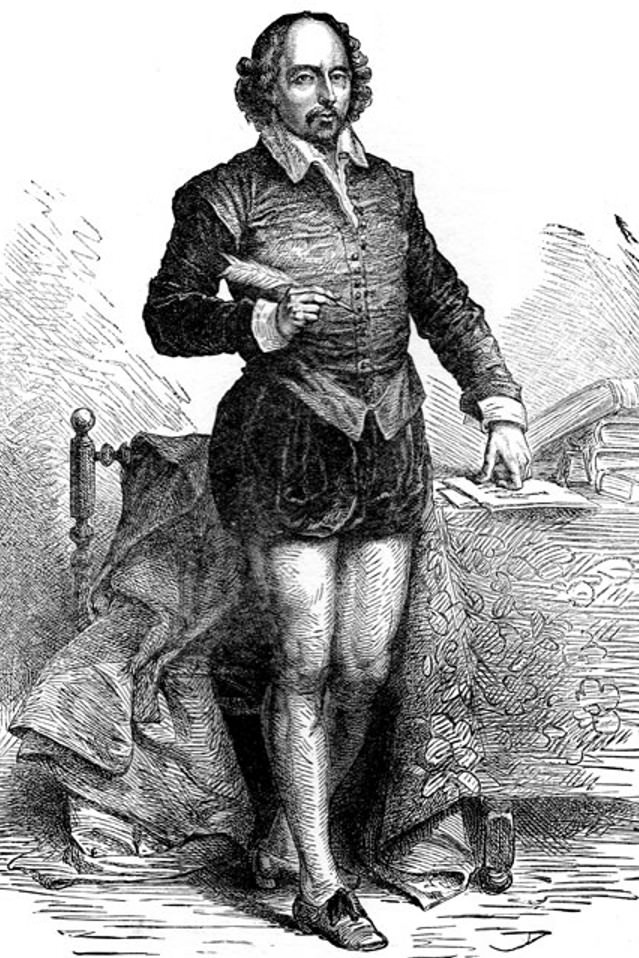Also “The earth has music for those who will listen,” “The earth has its music for those who listen,” and so on.
This one is easily mistaken as Shakespeare because the words remind us of “If music be the food of love play on” while the sentiment closely echoes Caliban’s “Be not afeard, the isle is full of noises, sounds and sweet airs, that give delight and hurt not.”
However, this one is George Santayana:
“The earth has its music for those who will listen,
Its bright variations forever abound;
With all the wonders that God has bequeathed us,
There is nothing that thrills like the magic of sound.”
Thanks to “That’s Not Shakespeare,” who looks to be as upset about misattributed Shakespeare as I am 🙂
UPDATED September 8, 2014: I was asked to provide a citation that this is Santayana. And you know what? I can’t. It’s quite possible that this quote has fallen victim to that same logic that gets us so many “Not by Shakespeare” quotes, where you find a couple of blogs saying something so it must be true. I can’t speak for the entirety of Santayana’s work but I can safely say that it’s definitely not in Shakespeare’s work. If anybody can cite exactly where it occurs, we’d all be very grateful!
UPDATED August 2018: Several commenters below point us to Reginald Holmes in his collection “Fireside Fancies”. Have we finally solved it??
Explore more posts in the Not by Shakespeare category.


 I admit that a long time ago I thought this was from Shakespeare, alongside “Tis better to have loved and lost…” Now I know better, but that doesn’t mean that word has spread.
I admit that a long time ago I thought this was from Shakespeare, alongside “Tis better to have loved and lost…” Now I know better, but that doesn’t mean that word has spread.